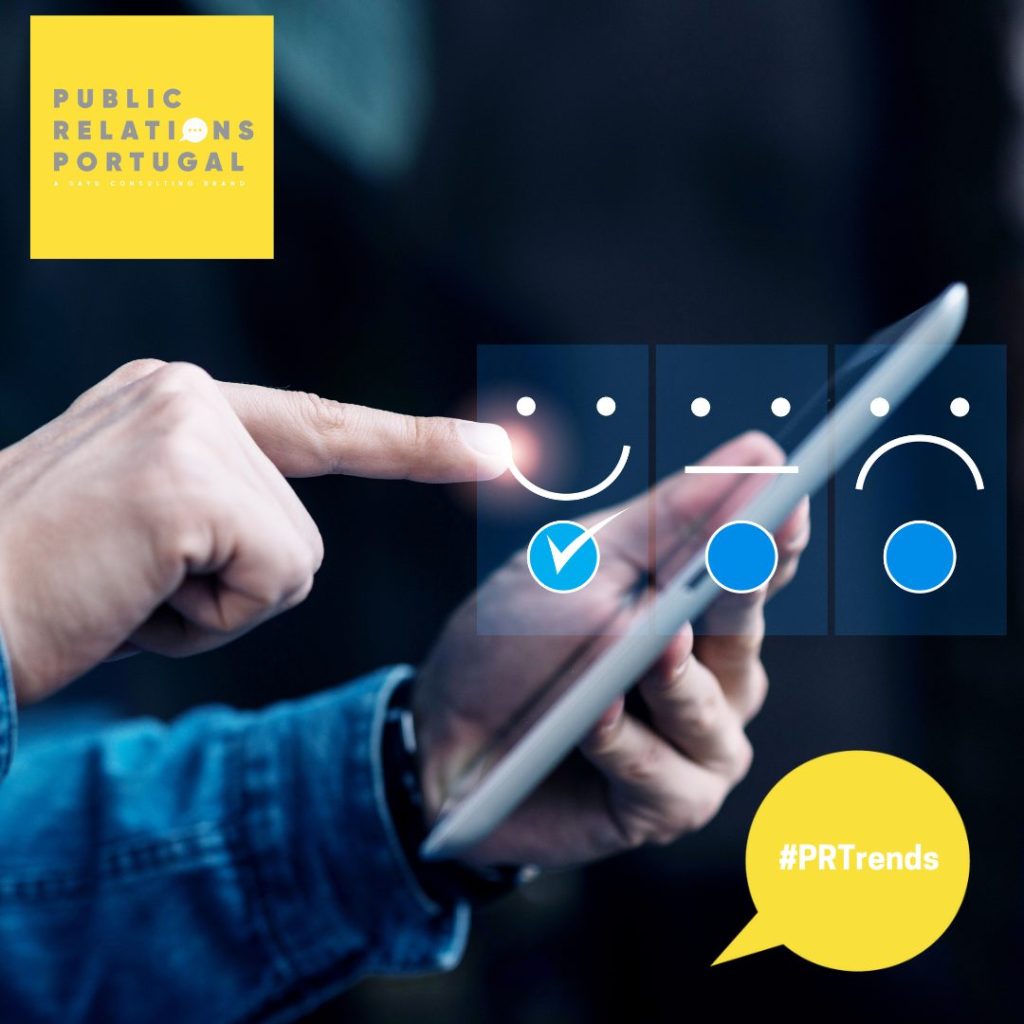
Understanding the costumer perspective
In today’s rapidly evolving business landscape, companies must prioritize understanding the customer perspective to remain competitive. With advancements in artificial intelligence (AI), economic uncertainty, and political volatility reshaping industries, businesses must align their strategies with the changing expectations of customers.
This article explores key trends influencing customer behaviour and expectations, particularly the role of technology, generational shifts, and the importance of strategic partnerships.
The Impact of generative AI on business
One of the most significant disruptions in the business world and in analysing costumer perspective is the emergence of generative AI. AI has the potential to transform how businesses operate, requiring chief executives to reconsider their approaches to talent management, product and service innovation, partnerships, and governance.
While AI promises efficiency and automation, customers remain sceptical of its ability to replace human expertise. The demand for trusted advisors and strategic partners remains paramount, underscoring the continued importance of human relationships in business transactions.
Evolving customer expectations and buying behaviour
Customers are increasingly engaging in self-directed research before making purchasing decisions. Thei costumer perspective is now more complex: they seek innovation and are more likely to work with new suppliers rather than relying on existing partnerships.
This shift is particularly evident among Millennial and Gen Z buyers, who now dominate purchase decision-making. These younger generations prioritize sustainability, ethical business practices, and social responsibility, making them more likely to choose businesses aligned with their values.
Moreover, customers expect a rigorous selection process when choosing suppliers. They involve multiple stakeholders, including CEOs, CFOs, and procurement teams, to ensure informed decision-making. Organizations must recognize this trend and develop strategies that demonstrate their commitment to transparency, sustainability, and ethical business practices.
The shift toward smaller, innovative companies
The rapid evolution of technology has necessitated stronger connections with smaller, innovative firms. Large enterprises are increasingly recognizing the need to work with startups and niche companies to stay ahead of technological advancements. This shift presents a challenge in balancing integration and innovation while maintaining cohesion in business operations.
Strategic partnerships are also evolving. Customers seek suppliers who understand their contextual needs and can proactively provide solutions. Suppliers that fail to engage customers at this level risk losing business to competitors who prioritize relationship-building and contextual awareness.
The role of professional services in changing market dynamics
Despite economic fluctuations, the demand for professional services continues to grow. Procurement teams now play a more active role in selecting service providers, and even in uncertain times, businesses continue to invest in consulting and technology solutions. Factors such as a shortage of skilled workers and emerging technology trends contribute to the sustained demand for external expertise.
The alignment of values, particularly in sustainability and diversity, equity, and inclusion (DEI), is also becoming a crucial factor in supplier selection. Organizations that demonstrate a genuine commitment to these values are more likely to attract and retain customers who prioritize ethical business practices.
The influence of generational preferences on business strategy and customer perspective
The customer percspective of millennial and gen Z buyers differ significantly from previous generations in their purchasing behaviour. They prefer digital, self-guided purchasing channels and place a strong emphasis on third-party reviews and ethical considerations.
This year, a significant portion of business purchases will be made through online marketplaces and digital platforms, further emphasizing the need for businesses to adapt their sales and marketing strategies.
Conclusion
Understanding the customer perspective is more critical than ever. Businesses must adapt to evolving expectations by embracing technological advancements, prioritizing ethical business practices, and fostering strategic partnerships. The ability to align with customer values and anticipate market trends will determine long-term success. As AI and digital transformation continue to shape the business world, organizations that prioritize customer-centric strategies will maintain a competitive edge.